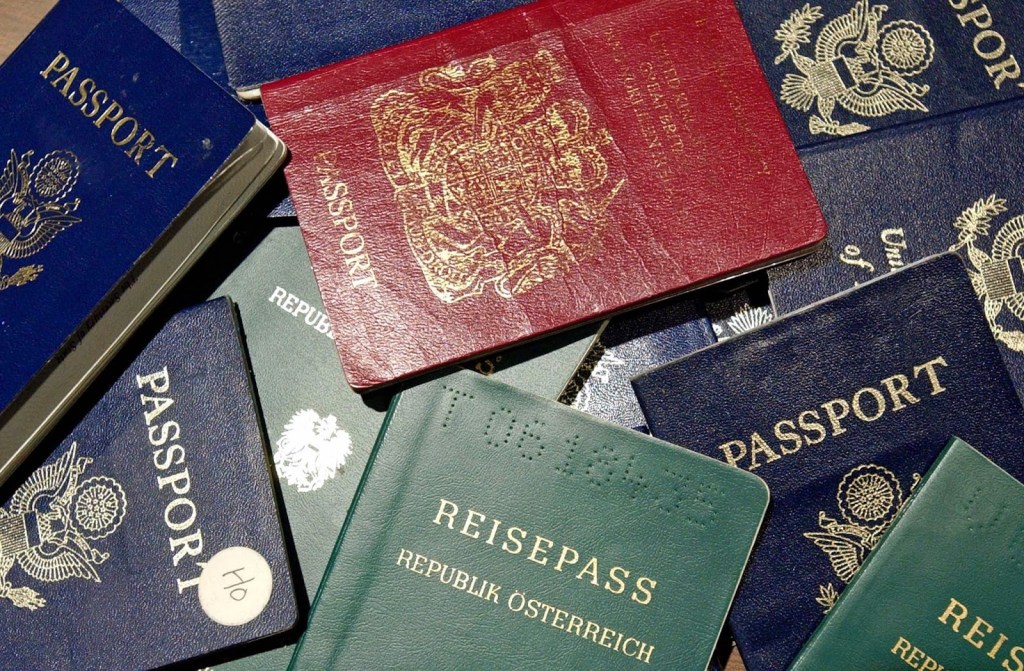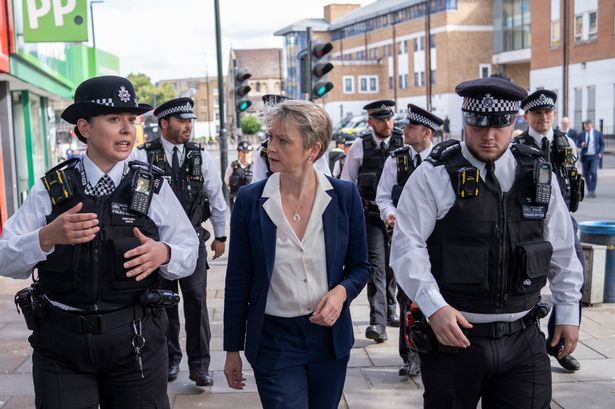Sola Ayodeji discusses her experiences of border control in the UK, and how easy it can be to lose the privileges of holding a US passport as a person of colour
“I’m not convinced that you will leave.” The border security officer threatened. “If I let you in, how do I know you won’t overstay your visa?”
Up until this encounter, even as a Nigerian-American, I had never considered having my intentions to enter a country aggressively questioned. Privilege is a funny thing. I’ve long carried the belief that my US passport was my ticket into almost any country without having to undergo a rigorous visa application process.
Henley & Partners Passport Index, a firm that does residence and citizenship planning, released a global ranking of passports for 2018 based on the number of countries each country’s passport allows visa-free access to. Germany is number one with visa-free access to 177 countries; by contrast, Afghanistan’s ranking is 104 and allows visa-free access to 24 countries.

Having had pretty smooth experiences of travelling in the past, I was jarred by the UK border officer’s aggressive attitude. I became a blubbering mess. In the middle of a panic attack, I felt like I was being treated like a criminal despite having done nothing wrong.
A few days prior to this incident, I had left the country before my student visa expired in the hope of returning on a tourist visa to spend a few months with the friends I had made during my masters. As a US citizen, one can enter the UK without a visa for tourism and business for stay up to six months. After this traumatic experience at the UK border, and consulting with a British immigration lawyer, I’ve learned the fate of your entrance is at the sole discretion of the border control officer. If the officer you meet happens not to take to you then it can easily go badly for you.
When I made the plan to leave the UK and re-enter a few days later, I took for granted the convenience and mobility my US passport affords me. Visa and immigration processes aren’t issues people of all nationalities can take for granted. I grew up thinking Americans could go anywhere without being questioned and there have been many times that I’ve visited a place without having to show that I have a ticket to leave. Something that I know as a Nigerian-American, with relatives who carry Nigerian passports, mobility between borders is a luxury that isn’t usually afforded to citizens from developing countries.
During my recent encounter with the officer at the UK border, I was held for two hours, questioned about my dating life, and forced to buy a ticket to the US to prove that I would leave England a set period after entering it. Prior to this, I had planned to buy my ticket after entering the UK and making plans with my friends to travel and do activities that I knew I wouldn’t have the chance to do for a long time once I returned to the US to start working.
This experience, whilst traumatic for me personally, also made me reflect on my relative privilege and how other passports might elicit even worse treatment. If I, as a US citizen am seen as a threat to a country’s resources or national security, how much more scrutiny do people face when they come from less economically stable countries?
And yet, at the same time, I’ve also begun to wonder about who is able to fully exert western passport privileges.How do gender, race, ethnicity, heritage, even name factor in? Given that border control officers are charged with making decisions based on their judgement, how do prejudices impact those of us from marginalised communities? The truth is, even as a US citizen I still hold a precarious position as a black woman with a Nigerian name.
I may have been caught unawares this time, but this experience has taught me that whilst holding a western passport is a privilege, depending on skin colour, religion or other factors, this privilege isn’t the same for everyone.
 If you enjoyed this, and want more like it, then please consider making a donation, it can be anything from £2 and takes no time at all. Or give what you can afford from £2 per month and become an MD member.
If you enjoyed this, and want more like it, then please consider making a donation, it can be anything from £2 and takes no time at all. Or give what you can afford from £2 per month and become an MD member.
Sola Ayodeji is an advocate for human rights with the goal of changing the world for the better one word at a time. She uses her voice and storytelling abilities to highlight social inequalities and challenge ideas of privilege and power. She recently graduated with a master’s degree in Media, Campaigning, and Social Change from University of Westminster, where she co-hosted a radio show. For her past commentary on social issues and news events, check it out.
All work published on MD is the intellectual property of its creators, and requires permission to be republished. Contact us if you have any questions.










Leave a reply to True George Cancel reply